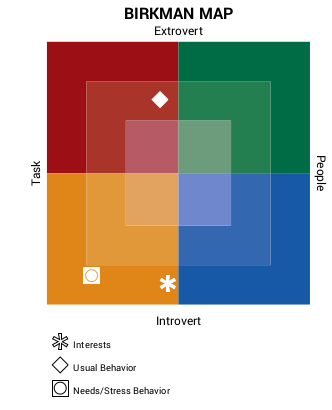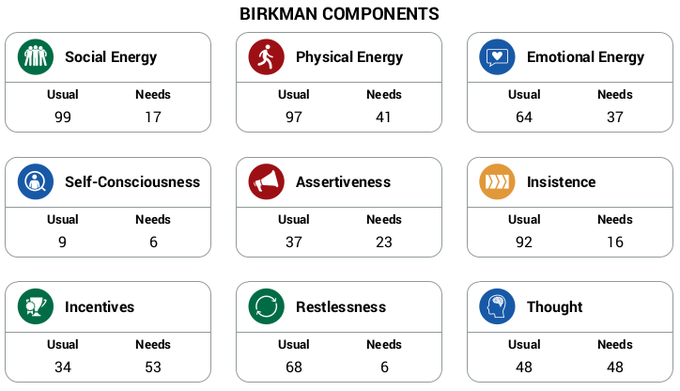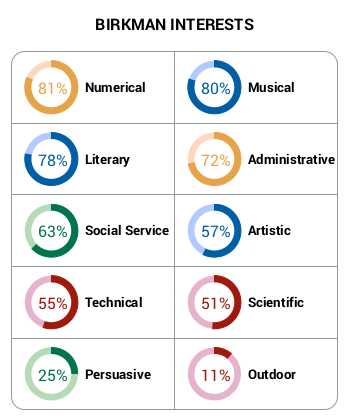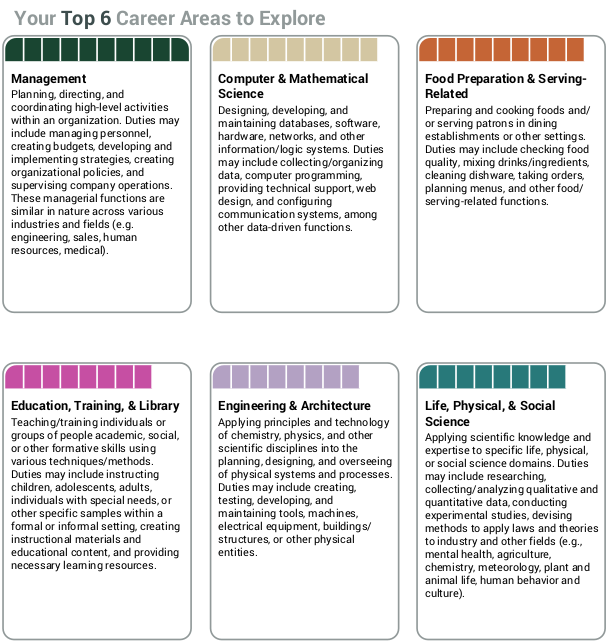 |
A fraction of the session participants.
(Photo by akram9)
|
Administrative Challenges from the Universities
The discussions started interactively with self-introductions from the participating mentors and their mentoring organizations. Tiago and Frederico represented their mentoring organization, which is a university in Brazil. They noted the challenges in convincing the university administration to join the GSoC and then accepting payments from Google. Their organization was the first Brazilian university to become a GSoC mentoring organization. The university administration was expecting documents from Google in Brazilian Portuguese to consider them official. The universities expected the supporting documents could come from one of Google's Brazil offices rather than from Mountain View to make the language requirement met. This expectation created some translation requirements, and these cause some additional burden on the GSoC organization administrators. We hope that such issues would be sorted out from the universities, potentially with some help from Google, so that there would be more participation from International (i.e., non-English-speaking) universities as mentoring organizations.
GSoC Students Help Ph.D. Research
There were several observations on how GSoC students help with the implementation of research ideas. Several Ph.D. implementation works remain closed due to implementations with significant technical debt. Support from GSoC helps make the code more readable and reusable, and thus support open science and open-source contributions from the research universities. Hence GSoC students help with the host universities' research open-source. Stephanie from UC Santa Cruz stressed how GSoC helped their Ph.D. and postdoc researchers. She mentioned how the undergrad GSoC students worked with their researchers, and this was a mutually benefitting task. No one felt mentoring as a burden. Instead, they saw it as a way to build their communities. She highlighted that promoting GSoC across the departments would be easy by stressing how the GSoC students help with implementation over the summer, paid by Google. There were observations on developing projects that are helpful to Ph.D. research work. For instance, there are projects that need to get done, but the mentor (Ph.D. student) doesn’t want to do it themselves. GSoC students can be more motivated to do such implementation work, even with little scientific or research impact.
Motivating students into GSoC
Philipp and Karlheinz represented the University of Munich. They highlighted that their Ph.D. students work as GSoC mentors. However, they also stressed that it is hard to motivate students from their university to join GSoC as students due to summer holidays overlapping with the GSoC timeframe. Students do go off on a well-deserved vacation rather than taking a summer internship. Furthermore, there were observations that there are several university open source projects that are not connected to or well-received by general open-source software communities. GSoC is indeed bridging this gap, making the code quality better. I (Pradeeban from EmoryBMI - Emory University, Department of Biomedical Informatics) mentioned how we motivate our students to join GSoC while discouraging them from joining our university/department as their mentoring organization. This is mainly because we want them to build new collaborations. Collaborations inside the university or department do not require a GSoC.
GSoC in professional life
The impact of GSoC is long-lasting. Some of us found our postdoc advisors and employers through GSoC. So GSoC works as a recruiting platform for mentors as well. Furthermore, it fosters international collaborations between universities. We had research papers as outcomes of the GSoC. Nikita from a Russian university stressed the importance of GSoC and similar programs in the students' careers. Sebastian Diaz from Harvard highlighted the misalignment of university projects and open source. While challenging, programs such as GSoC help fill this gap. Tobias highlights that their target students mostly include Ph.D. students, as they are more suited to work on the proposed projects, involving significant research component. GSoC also helps them get more funding for full-time developers, as it is considered a full-time job for the students.
Best Students Join the Universities
Aadi, a high school student from India, observed how the best students like to work with the universities that function as GSoC mentoring organizations, as this helps them with their future graduate studies and research. The observation is that the mentors from such organizations are professors and experienced researchers from the universities. This is also a mutually beneficial relationship - universities as mentoring organizations get to have the best students. Indeed, a win-win. I joined OMII-UK as a student in 2010 and Emory BMI in 2014 and 2015 (2016 onward as a mentor and then joined 2018 as an employee, and 2019 a postdoc). My interest for OMII-UK was driven by the fact that the EPCC research team from Edinburgh University was part of OMII-UK, where I worked with them on their OGSA-DAI platform for GSoC 2010.
Why not enough open-source from universities?
Arav Singhal, a student from Rice University, stressed he prefers more open-source development in his university. We agreed that a large number of research teams keep their source closed until their paper is published. Even after that, when the code is made public, most of the time, the code is not reusable, as it is usually developed as a prototype with little attention to code readability and engineering best practices. GSoC helps fix this by building up coding skill sets in the students.
Small open source presence in a country
Deniz is from Turkey. He was a GCI student in
ScoReLab (an open-source community originated from the University of Colombo, Sri Lanka). He highlighted how Turkey has a small open-source presence. The lack of local open-source communities makes motivating students to join GSoC harder. The challenge starts with introducing open-source and then GSoC, among the potential students. It is essential to create larger local open source communities to build a diverse expanding FOSS contribution.
Universities/Entities collaborating as a single mentoring organization
Werner highlighted the collaboration between multiple universities as a mentoring organization. He observes that sometimes, organizations do not make it explicit enough that the organization is a research department or a collaboration of such entities. Ino from cBioPortal highlighted how hospitals and research institutes collaborate under cBioPortal for the GSoC. He also noted the positive outcomes, including peer-reviewed publications. Mentioning GSoC in CV - both as a student and a mentor - is rewarding. There were suggestions on including open source software development in university curriculums.
Starting a new GSoC organization
Akram, a researcher from the University of Tennessee (Dept. of Bioinformatics), helped his department apply and get selected as a mentoring organization as a new (i.e., first-time) GSoC organization when he moved to the current university as a postdoc from another university. He observes that the GSoC has indeed resulted in peer-reviewed journal publications. He stressed the importance of open source for university. There seems to be a common observation that receiving funding from Google (or any similar company) becomes harder due to the university regulations. We discussed how to start as a mentoring organization. We need to have precise project ideas. Of course, having established open source projects would be a big plus. However, there are also concerns about having mentors and retaining them. How to grow our mentoring community beyond the walls of the department/university? GSoC students-turning-mentors can be a solution. We also need to be clear on the bioinformatics side on what can be open source, as we deal with sensitive health data.
Recruiting Mentors
One challenge to address is how to leverage more departments/mentors from the university. Some of us view it as building the community. This requires a significant effort from the organization administrator, to convince the fellow faculty, postdocs, researchers, and staff to be GSoC mentors. Sometimes, it is faster just to do the development ourselves, rather than mentoring a student to do it. However, such mentoring can be a rewarding experience for early career researchers. We all agreed that GSoC was a productive use of our time and not overhead. We also need a "mentor pool." Projects should have back-up mentors and an active co-mentors. This helps with avoiding mentor burn-out, ensuring successful completion of GSoC.
GSoC as a funding mechanism
Some view GSoC projects as a way to fund implementation activities that other funding entities won’t financially support. For instance, development is often seen as not novel. Therefore, complete implementation and maintenance efforts do not receive sufficient funding from the funding agents. However, such maintenance and incremental developments are crucial for the usability of the project. GSoC helps improve the usability and maintenance of the code.
Did we miss anything? Also, did I fail to include any crucial aspects discussed in the session? Please share your thoughts on this topic as comments.





























